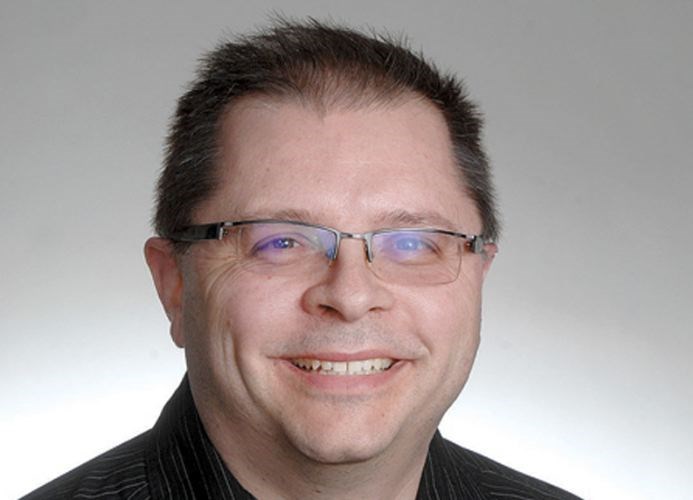Don't be fooled by the numbers.
On the surface, it looks like Lyn Hall blew away the notion that elected office is earned, not bought, with his mayoral win.
Hall spent just $39,788.30, just slightly more than half the $72,249.29 Don Zurowski spent on his campaign, yet Hall won the mayor's chair. Hall took 10,463 votes in November, which works out to $3.80 per vote. In contrast, each Zurowski vote cost $8.16 and the candidate lost.
Many people, including many would-be politicians, desperately want to believe that money can't buy a seat at the table. Sadly, Hall's victory goes against recent results.
In 2011, Shari Green spent $81,147 on her mayoralty campaign, a record for Prince George municipal election spending and more than double the $38,430 incumbent mayor Dan Rogers spent. Winner: Green.
In the 2008 mayoral race, Rogers spent $64,000 and Zurowski spent $49,000. Winner: Rogers.
In 2005, Colin Kinsley spent more than $59,000 while Rogers spent $38,250. Winner: Kinsley.
How did Hall win? The campaign investment can't be just money but also time and energy. Hall and his team simply worked harder and longer than Team Zurowski. Hall and his campaign manager, Michelle Marelli, were veterans of school board campaigns, where getting out into the community and building important relationships and alliances is essential to victory. They targeted voting blocs in the community (Indo-Canadian, arts, sports and so on) and went after influential members of those communities.
It's a harder road to victory but Hall showed that a lean and smart campaign can be successful.
That same ethic has also worked for Garth Frizzell. In both 2011 and again in 2014, Frizzell was the only person elected to city council who wasn't among the top 10 highest spending candidates.
Frizzell did spend $6,502.57 last year, a huge increase over the $2,260 he shelled out in 2011. Like Hall, however, Frizzell's political success bucks the spending trend. Then and now, he is the exception to the rule.
Last fall, Debora Munoz spent $18,911.32, third highest among the candidates, in a bid to return to city council. She finished ninth. Incumbent Dave Wilbur was sixth in spending, while Bryan Mix was ninth in spending. Both men didn't make it.
The rest of the top 10, however, are names now at the city council table. As in 2011, four of the top five spenders got elected in 2014.
To further prove the power of money in municipal elections, four of the five returning incumbents for this term spent more last fall than they had in 2011. As noted above, Frizzell spent more than double this time what he did three years ago, while even top vote getter Brian Skakun spent 20 per cent more in November than he did in 2011. Meanwhile, Frank Everitt spent more than $39,000 in 2014, compared to $25,000 in the 2011 campaign and Murry Krause beefed up his $9,500 campaign in 2011, spending $12,736 last year.
The release of the campaign expenses should finally put to rest the whining and moaning heard since November from the sore losers complaining that this new city council is the best council union money could buy. The candidates that received union contributions to their campaigns certainly fared better in 2014 than they have in the past several elections while the same business money that got Shari Green elected in 2011 couldn't deliver the mayor's chair to Zurowski three years later.
The encouraging trend for those worried about the role dollars, particularly third-party contributions, play in getting municipal candidates elected is that voters seem somewhat blind to it all in the long term. Candidates with the financial support of the business community and candidates with union endorsement and money have both found themselves part of every city council over the last 20 years, including this one.
The cash helps to a degree but, as Frizzell and Hall have shown, it still takes the right candidate with the right message getting out into the community and engaging voters to win office.
How wonderfully democratic.



